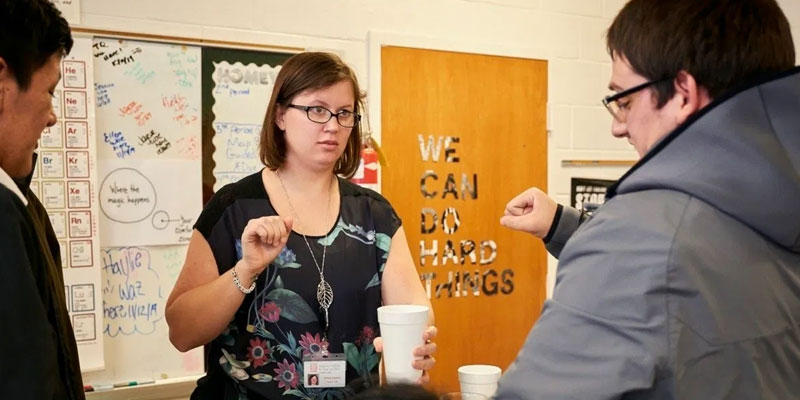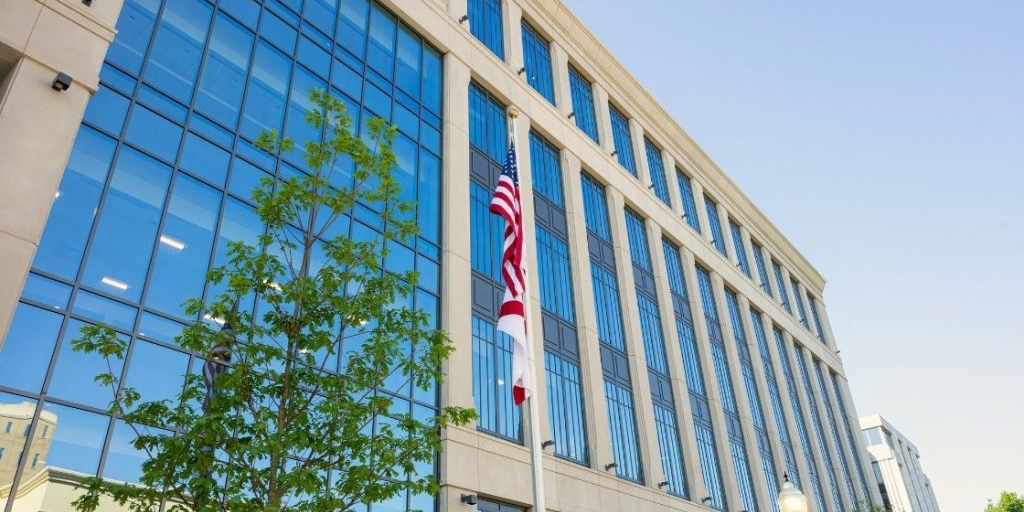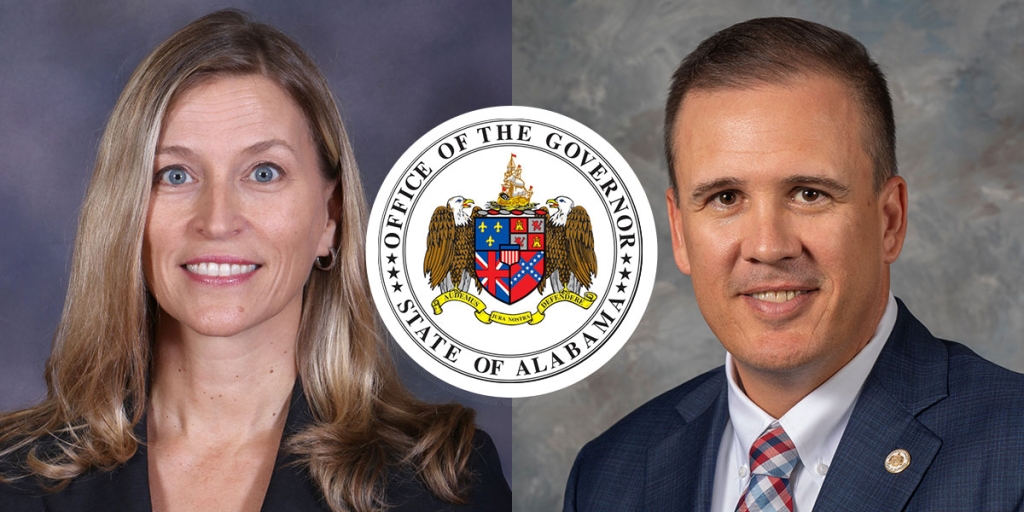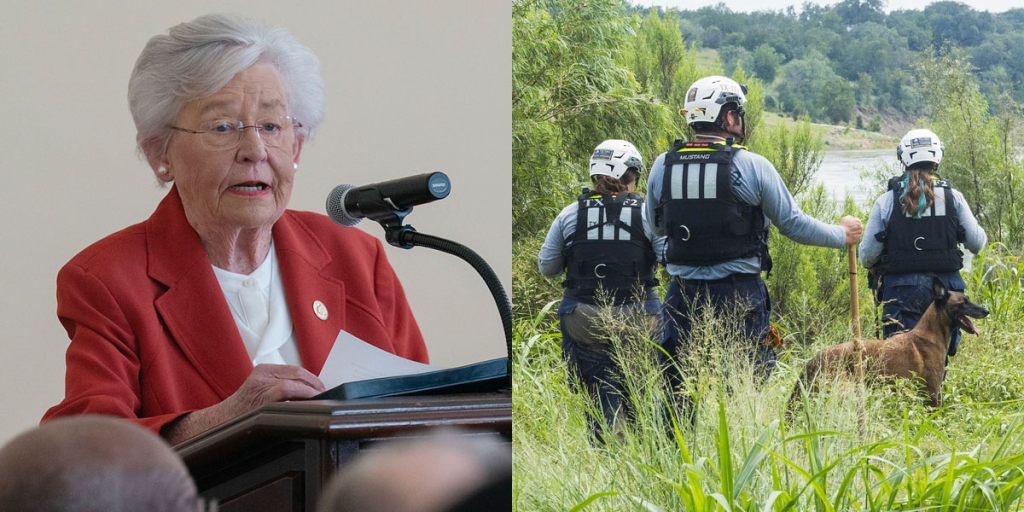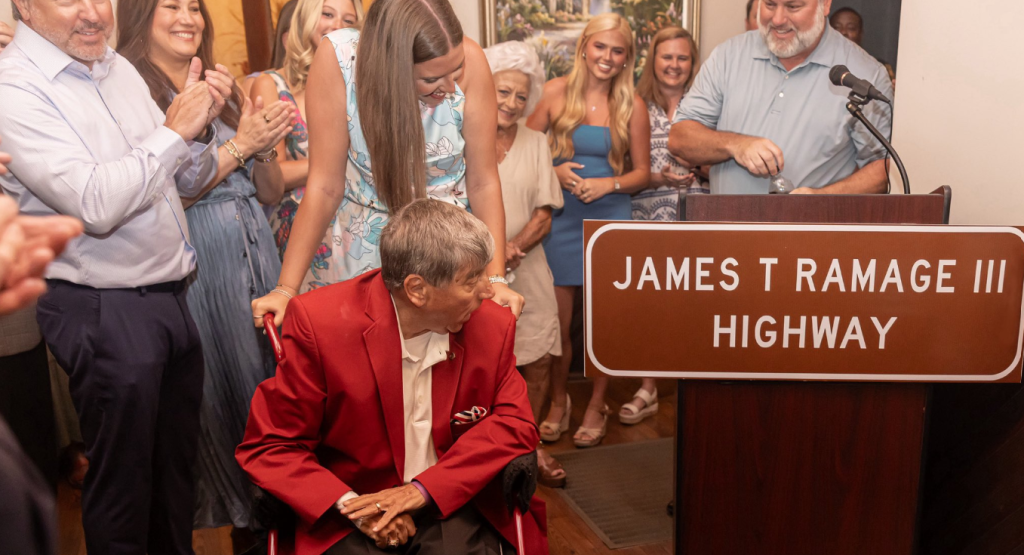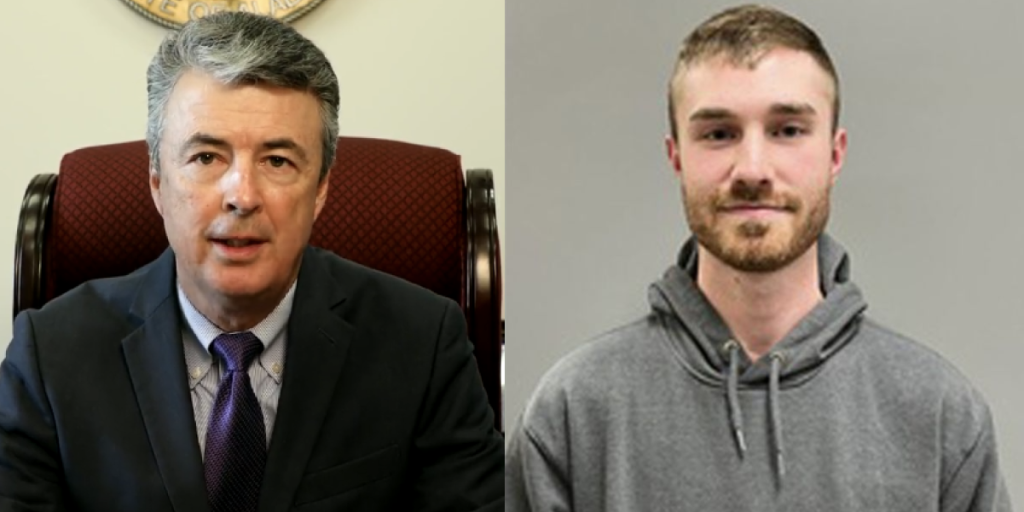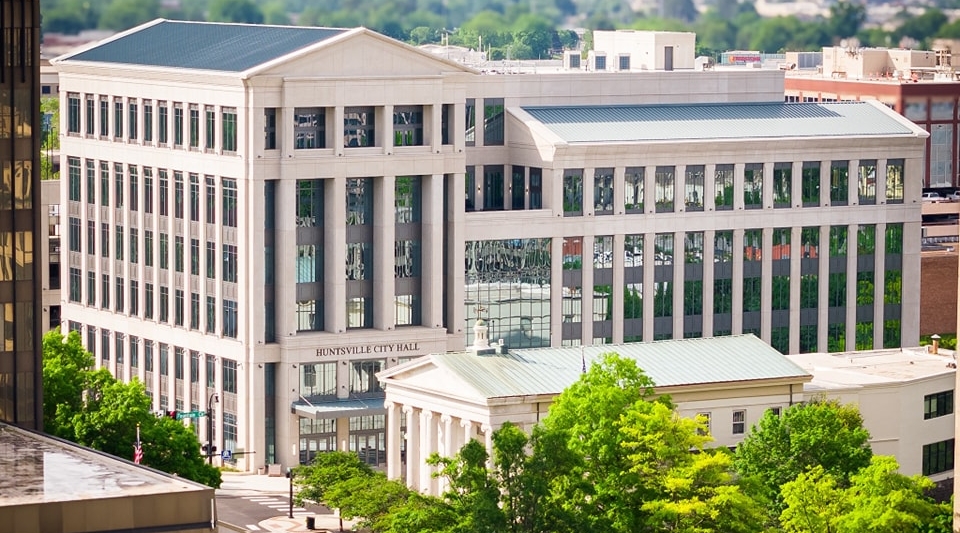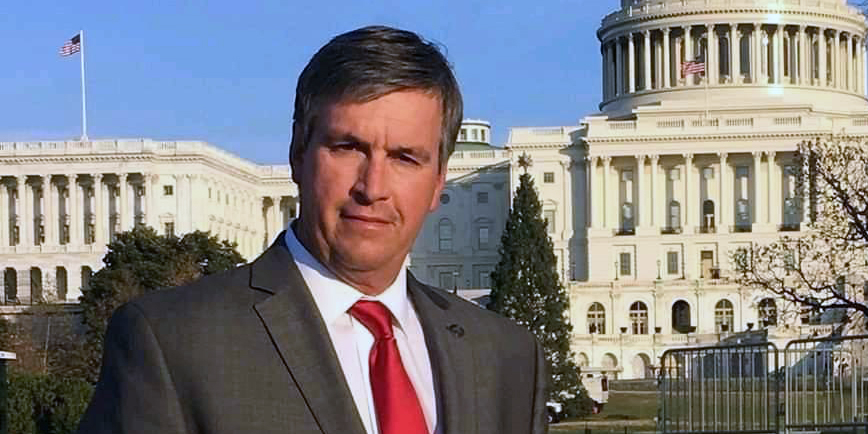A young student who is blind grins from atop a horse, feeling for the first time an entirely new rhythm. Elsewhere on the campus of Alabama Institute for Deaf and Blind (AIDB), a child who is deaf plays a drum, nodding with the beat, lost in the sensation. Another student, an adult going through vocational rehabilitation, learns the skills to resume his career after the loss of his eyesight.
The unexpected becomes possible at this place where the keyword is “limitless.” People here knock through barriers of doubt; they experience, achieve and grow, and they learn to be independent and successful.
AIDB is a world of possibilities, empowering more than 26,000 Alabamians each year through its four campuses in Talladega: Alabama School for the Blind, Alabama School for the Deaf, the Helen Keller School for students who are multidisabled and the E.H. Gentry Facility (EHG) for adult vocational rehabilitation. There’s also Alabama Industries for the Blind, the state’s largest employer of adults who are visually impaired, as well as eight regional centers peppering the state from beach to mountains.
Nobody says “can’t do” here. Only “can.” The proof lives all around, on faces beaming with achievement.
Take AIDB’s passion for technology. The assistive technology at EHG is among the top 3% in the nation. For Joey Arnold, an adjunct professor at Troy University who is legally blind, EHG opened up a new world. “My vision will continue to deteriorate, so I decided I needed to learn to utilize all of my resources instead of just relying on audio,” he said.
On the flip side, at the Marianna Greene Henry Special Equestrians (MGH) facility, horses do the teaching. Watching a student who is deaf or blind sitting high on a horse is fun, and the experience serves to hone balance and trust, coordination and strength.
According to one student, Elizabeth, learning about riding and caring for horses also teaches life skills. “The MGH arena helped me become a better person,” she said. “I have learned responsibility, how to work with others and how to focus on learning what you want to know.” The Riders Club, made up of AIDB students from the three K-12 campuses, offers competition; and a new drill team performs choreographed routines. The best riders may even go on to the Special Olympics.
Campus life can get even sportier. The Alabama School for the Deaf Silent Warriors has won seven football national championships; in recent years the School for the Blind has supplied several players, including one determined student with a visual impairment who worked his way up to starting quarterback.
Geordan Carter, a 2018 graduate of Alabama School for the Blind (ASB) and member of the football and wrestling teams, said, “When I was in the public school, I always wanted to play sports but I was told I was a liability. That’s all I heard: a liability. At AIDB I am limitless.”
All AIDB services are free. The K-12 schools and adult vocational rehabilitation center provide residential programs for students who live too far away to commute. The regional centers serve all 67 Alabama counties through locations in Talladega, Huntsville, Birmingham, Tuscumbia, Tuscaloosa, Montgomery, Dothan and Mobile. Services extend to students in public schools and older people, and include interpreters plus instruction in American Sign Language (ASL). Each center provides an early intervention program for children from newborn to 3 years of age.
Julie Carroll of Birmingham was referred to Birmingham Regional Center’s early intervention program for her newly adopted daughter, Geethika, who had hearing loss. “AIDB became a part of our family,” Carroll said. “And gave our little girl the gift of confidence.”
It all seems … limitless. So does the generosity of sponsors who make each step of the growing program flourish and push the limits. Over the decades, the Alabama Power Foundation’s support has made key things happen here, starting with matching funds to begin the endowment that now covers everything from academic programs to training of staff to many student life options. The endowment sends blind students to Space Camp and Sea Lab, delivers deaf students to math team competitions in New York and keeps MGH Arena therapy programs thriving.
The Alabama Power Foundation Nursing Clinic, which opened in 2018, sets a new, state-of-the-art standard of care. The facility, which accommodates wheelchairs, features patient rooms and an isolation room so germs don’t spread. Students in the K-12 schools receive dental and low-vision services (through a partnership with UAB), as well as nursing audiology, psychology and OT/PT services.
“The Alabama Power Foundation makes the biggest difference,” said John Mascia, president of AIDB. “We’re hoping to build a new accessible playground at the Helen Keller School. And at the Joe Tom Armbrester Agricultural Center, it’s time to put in a pond, orchard and more crops.” Students at Armbrester are taught skills to prepare them for agricultural careers through hands-on learning.
“AIDB is Alabama. It’s kind, it’s compassionate, it’s respectful. It has high expectations,” Mascia continued. “The Alabama Power Foundation is one of our largest cumulative donors and believes in the power of people to achieve their goals. They are our ambassadors and help tell our story.”
And there’s always a good story to tell here, where the possibilities are, indeed, limitless.
(Courtesy of Alabama NewsCenter)




